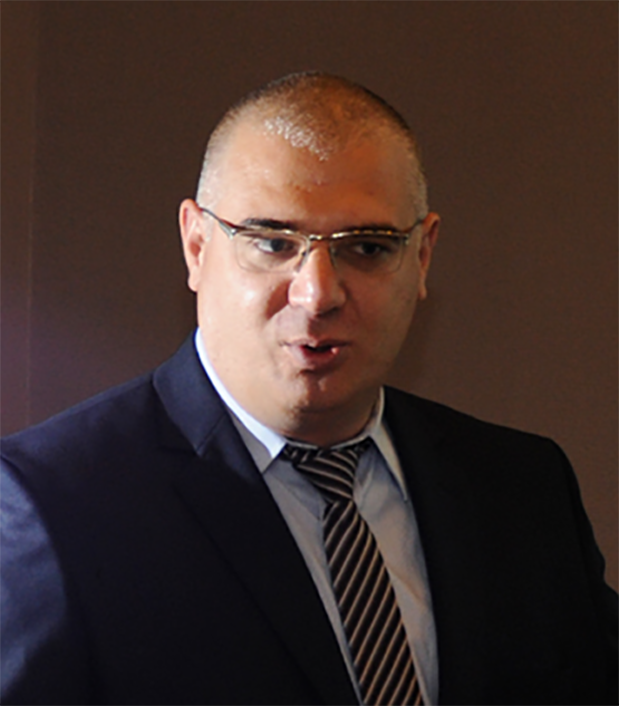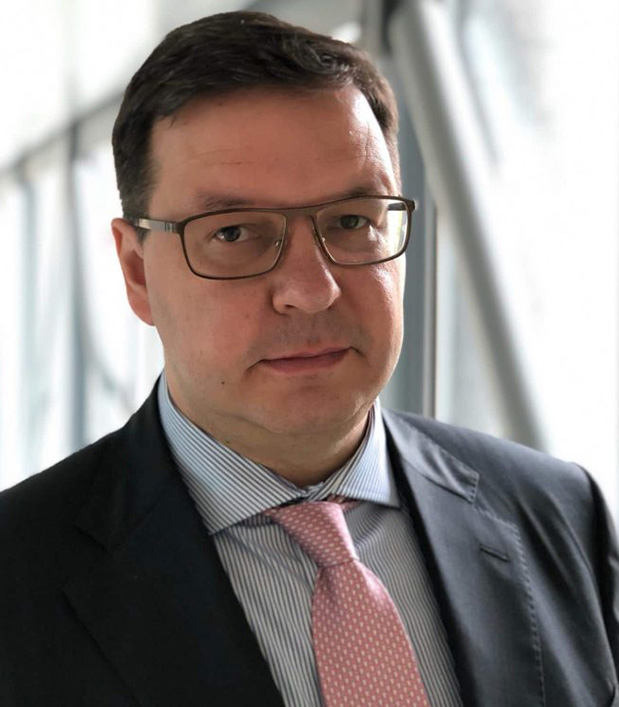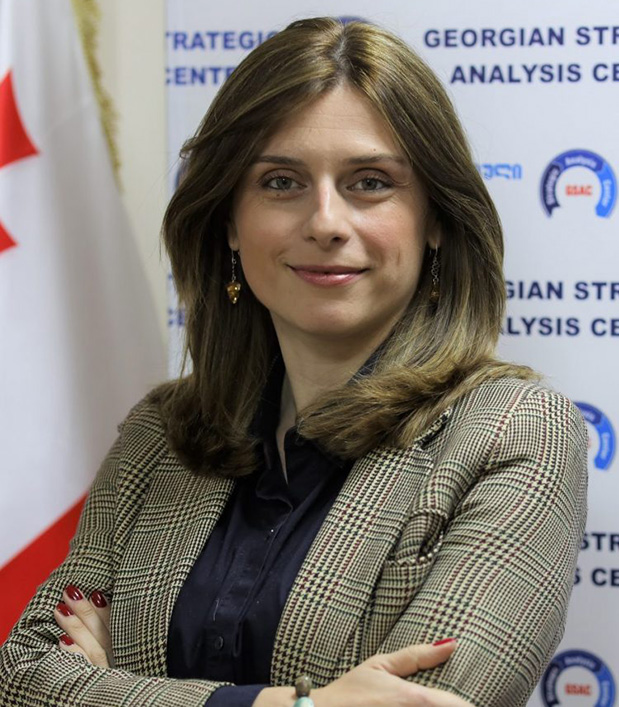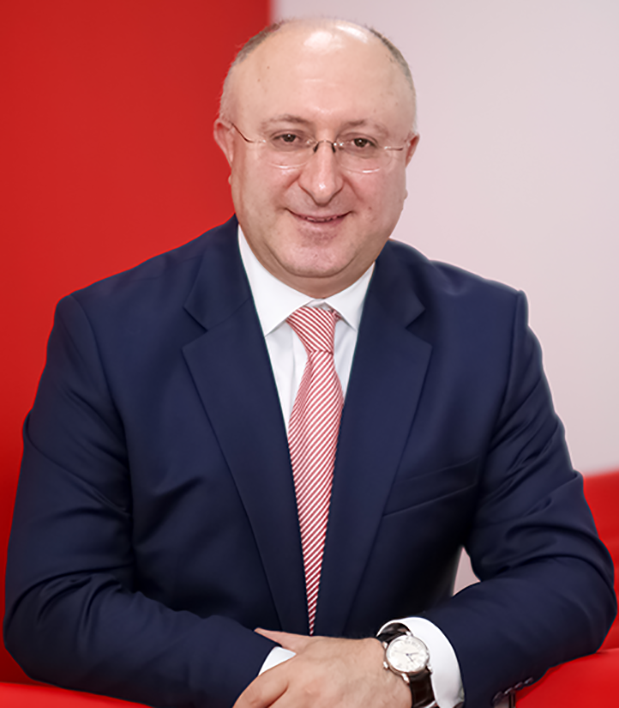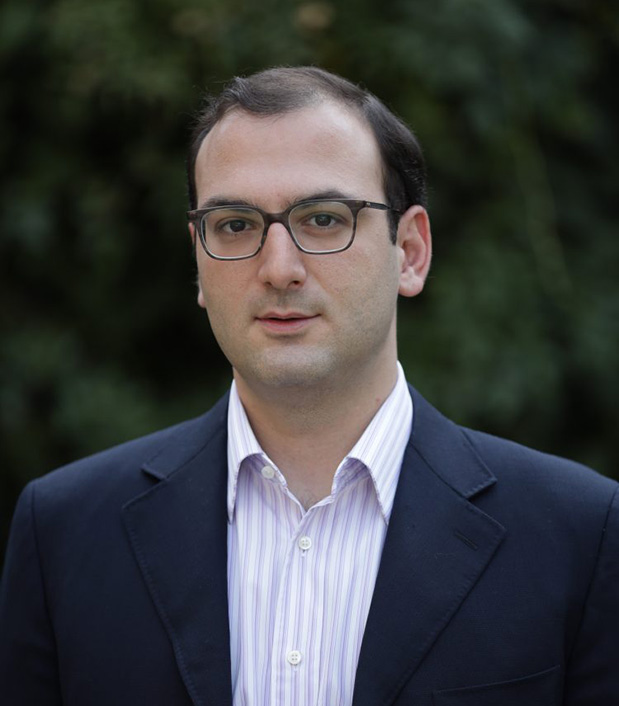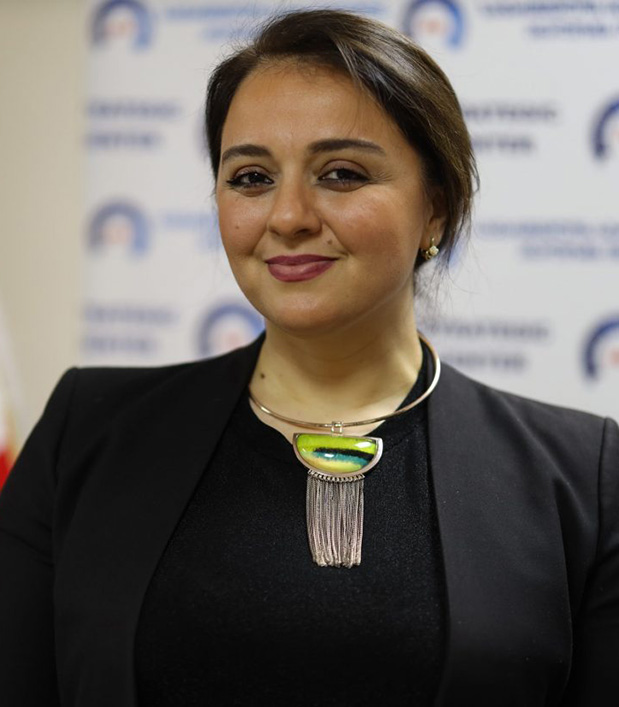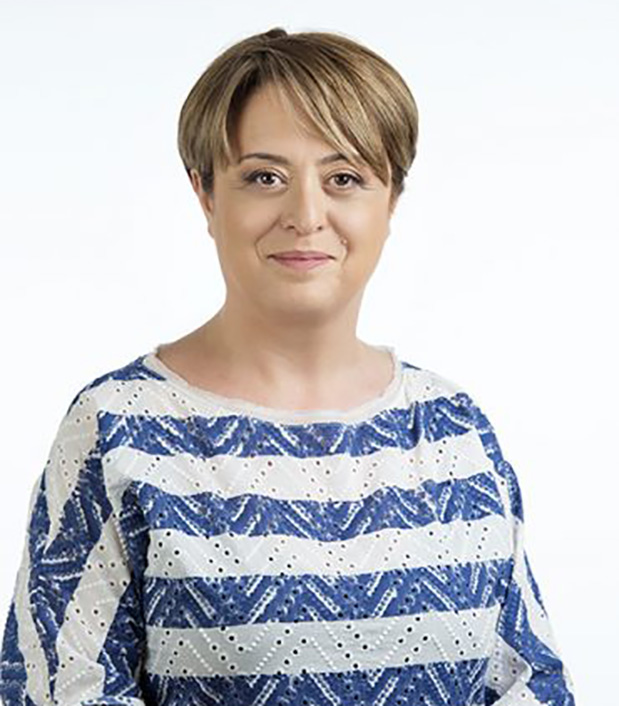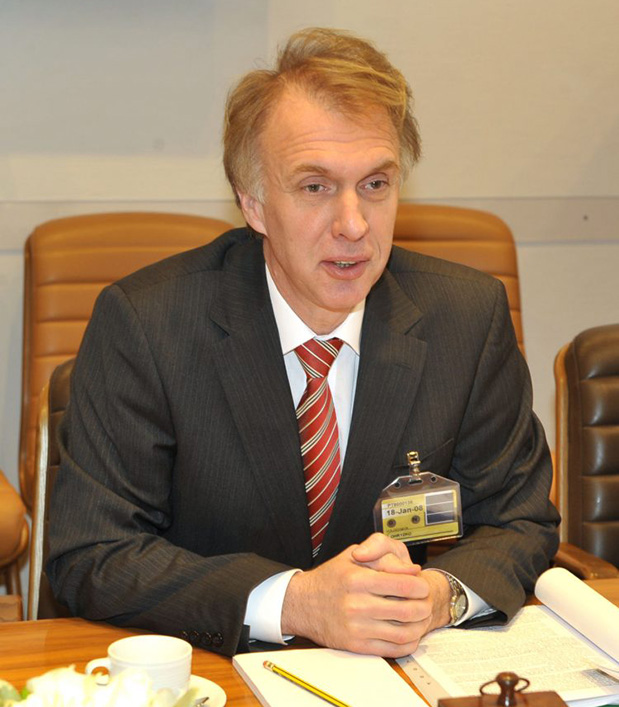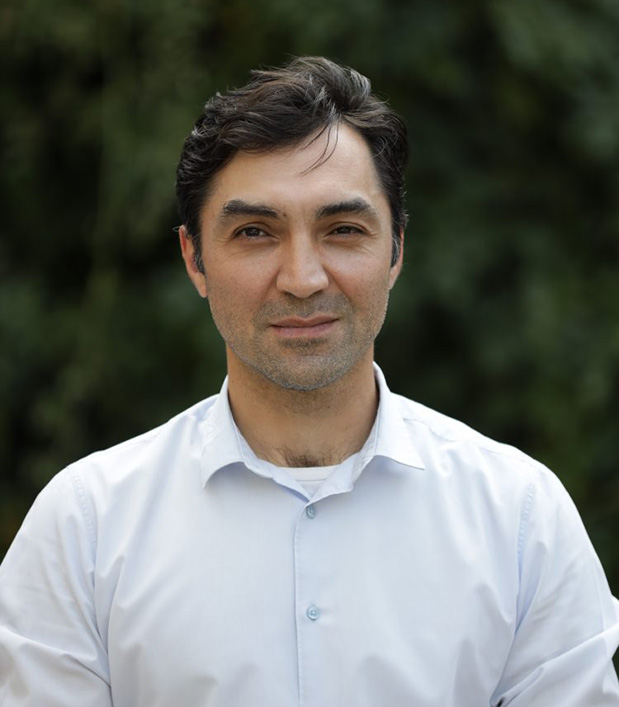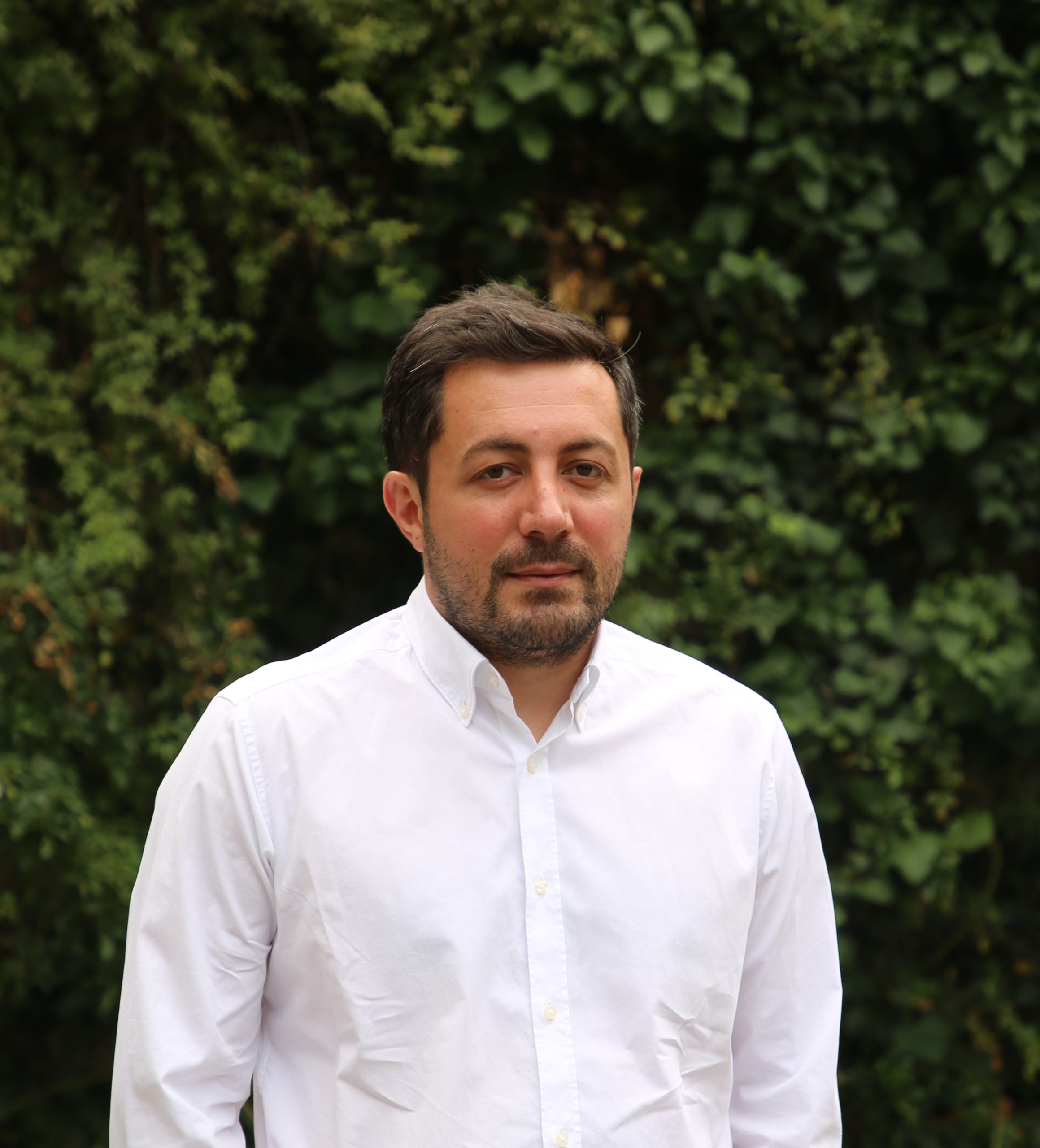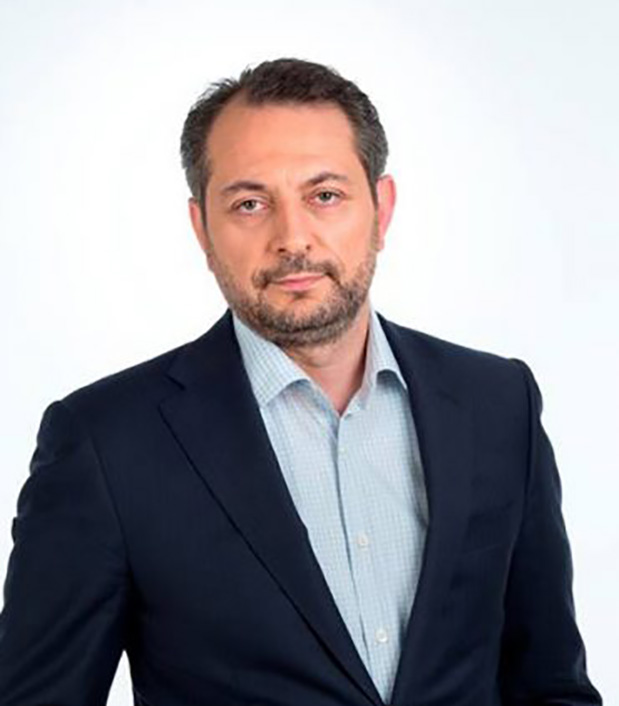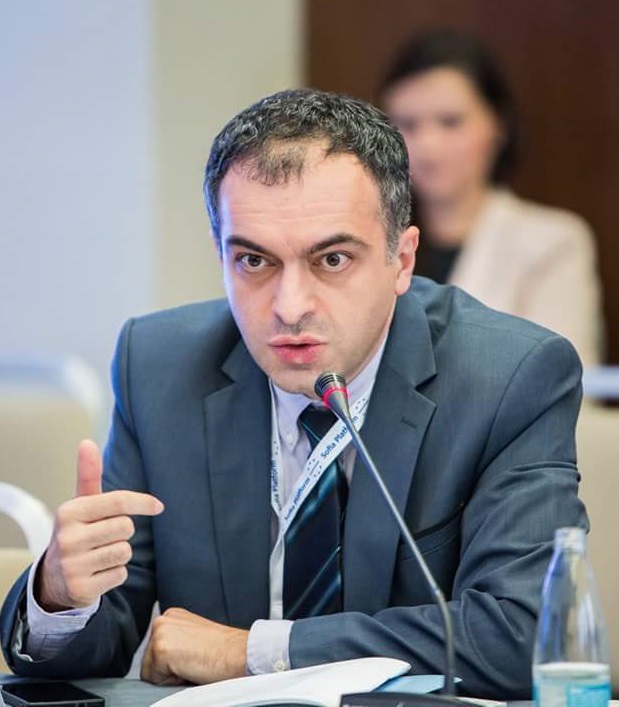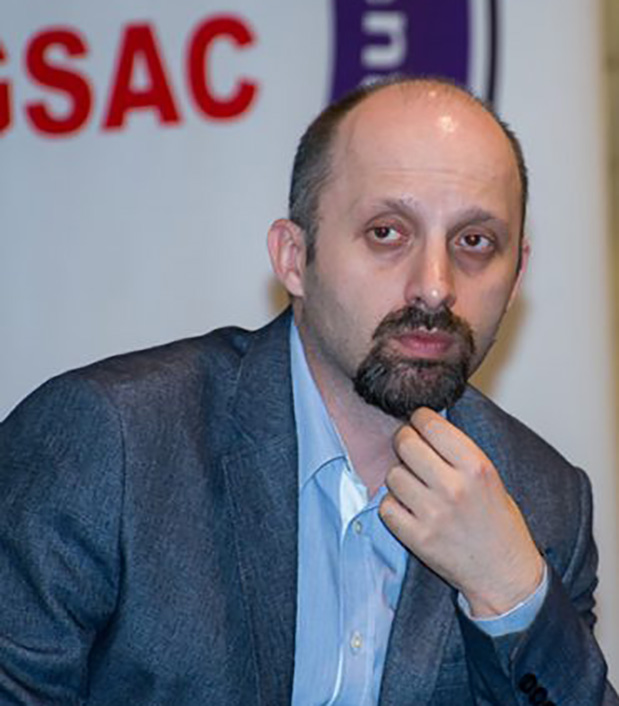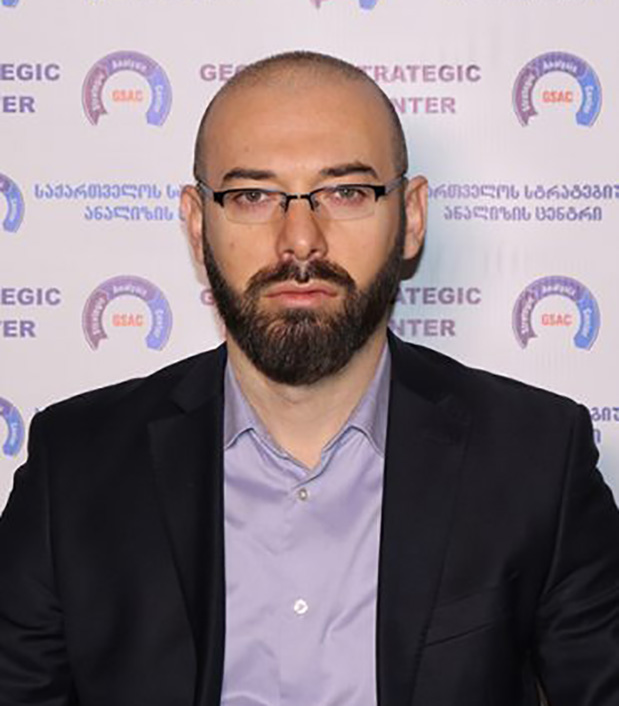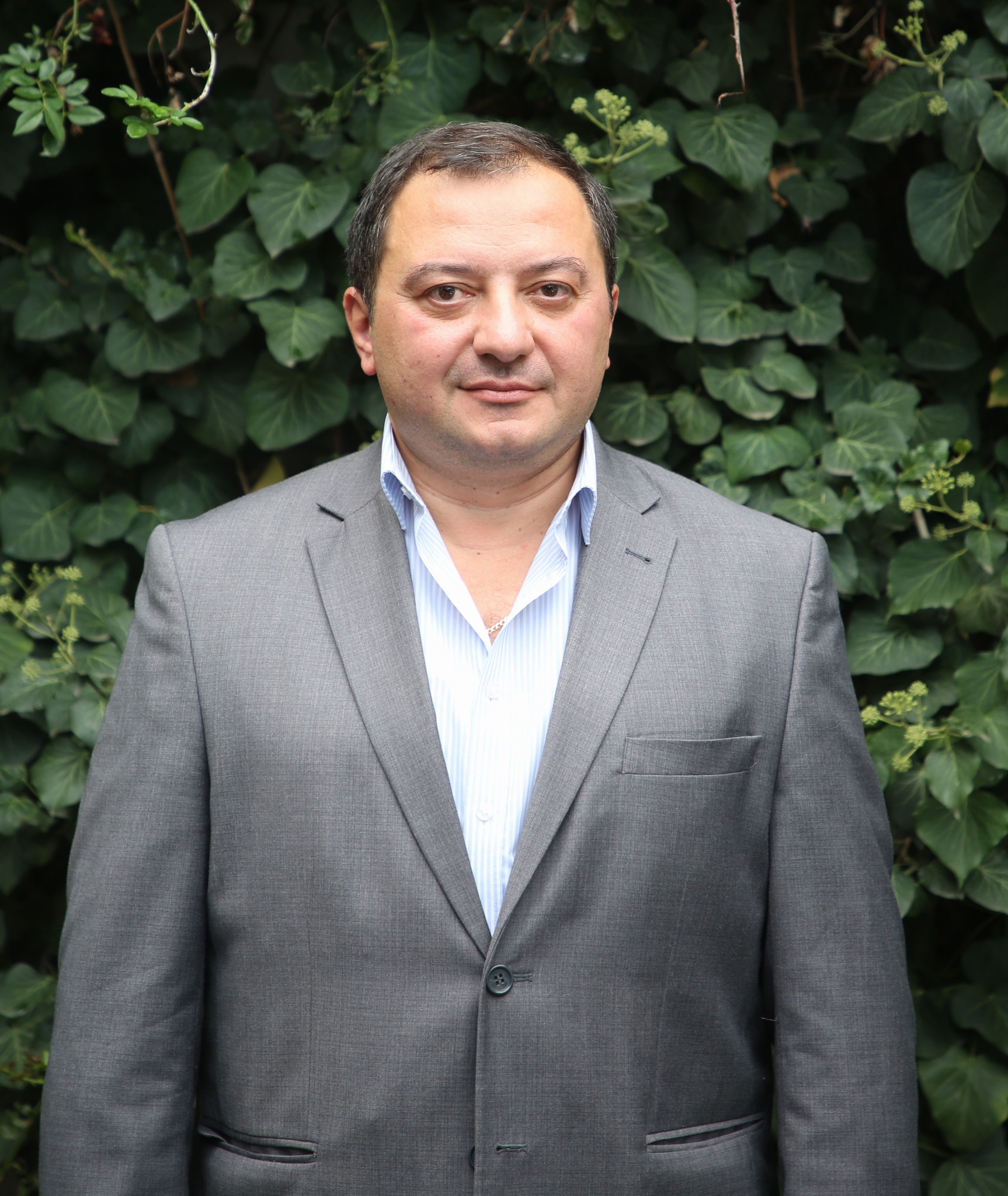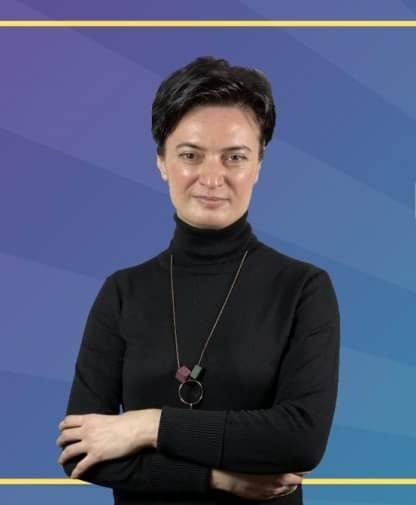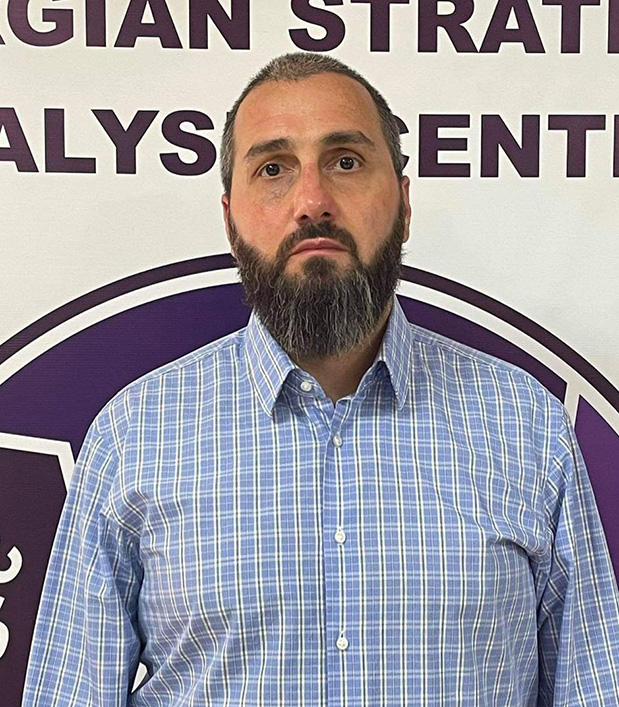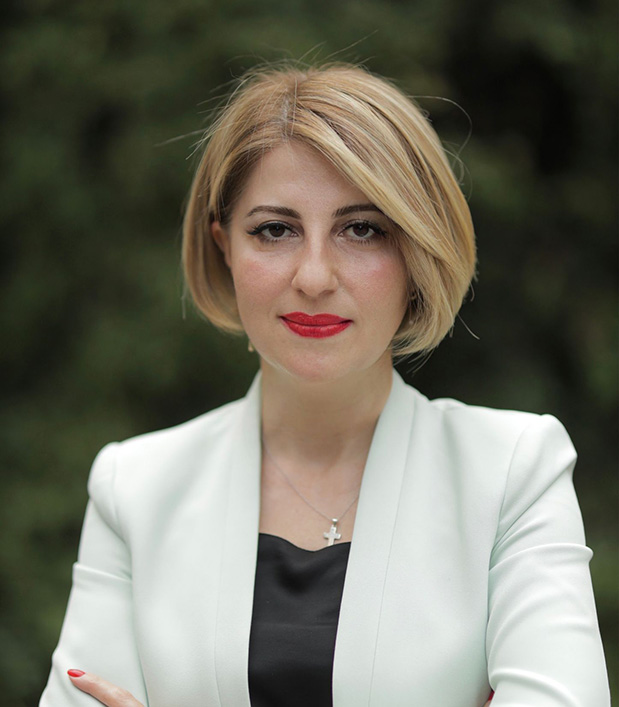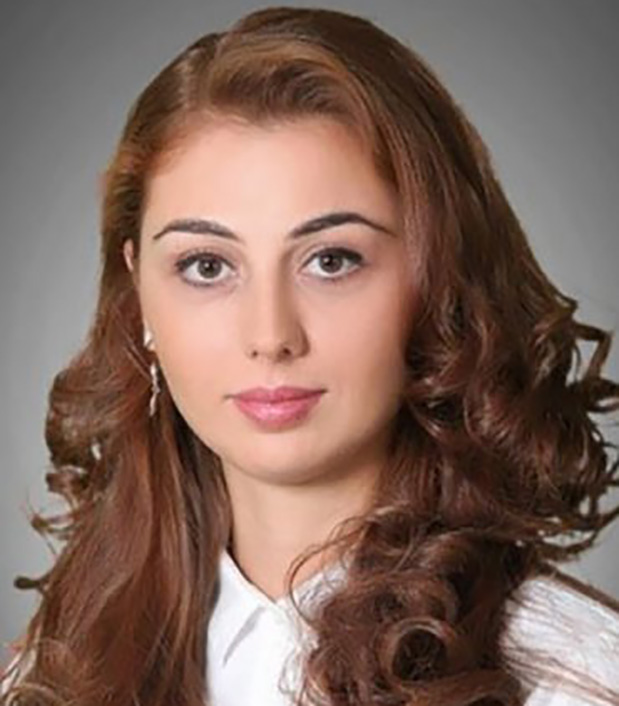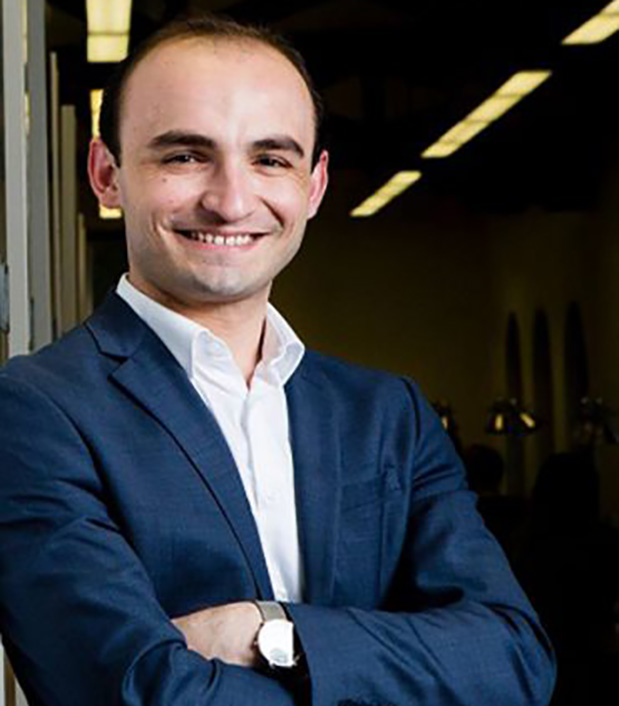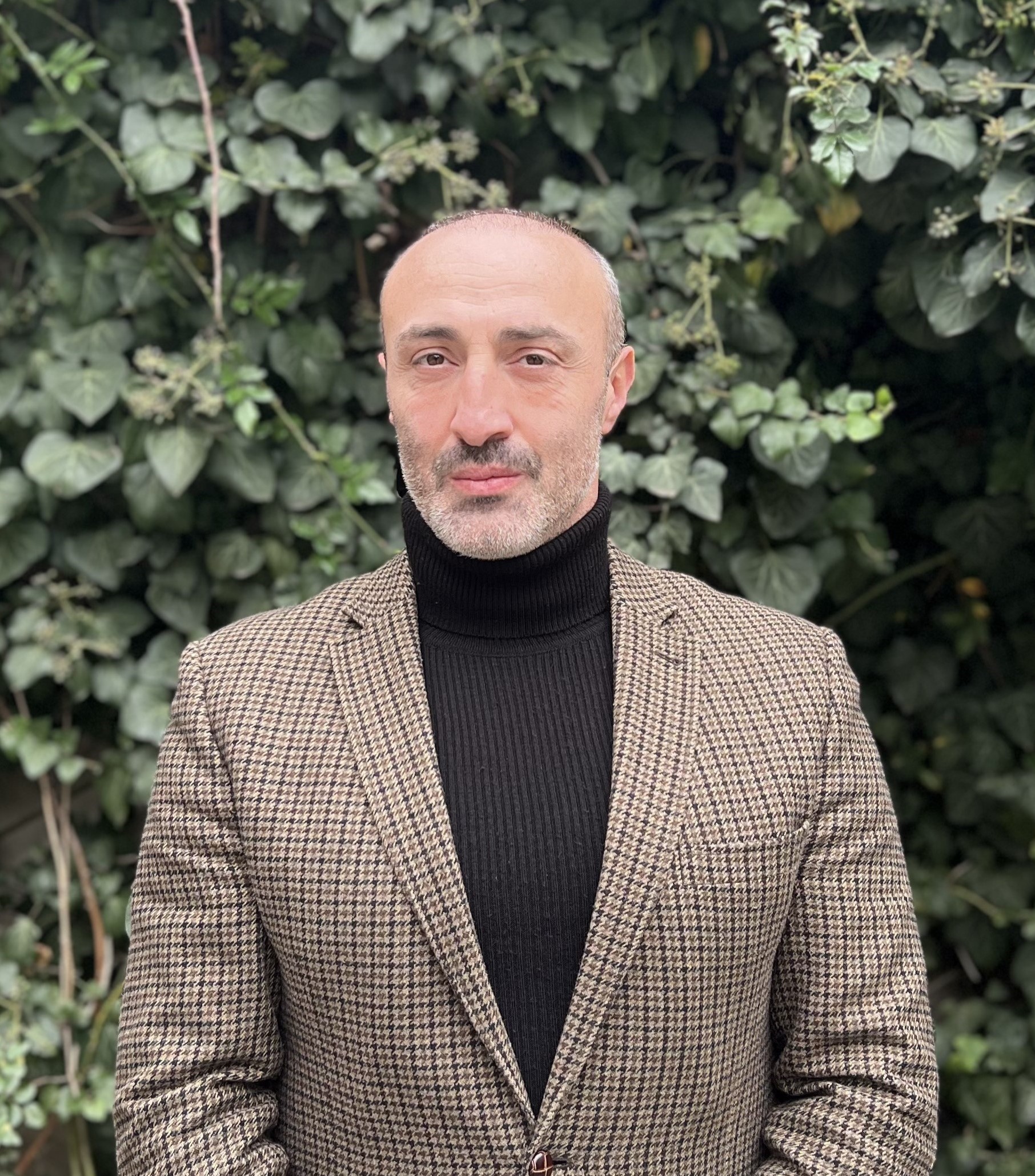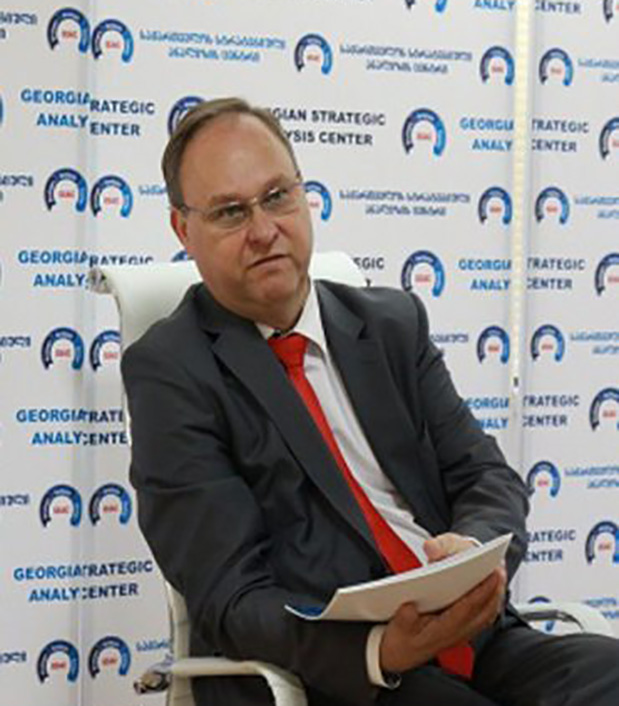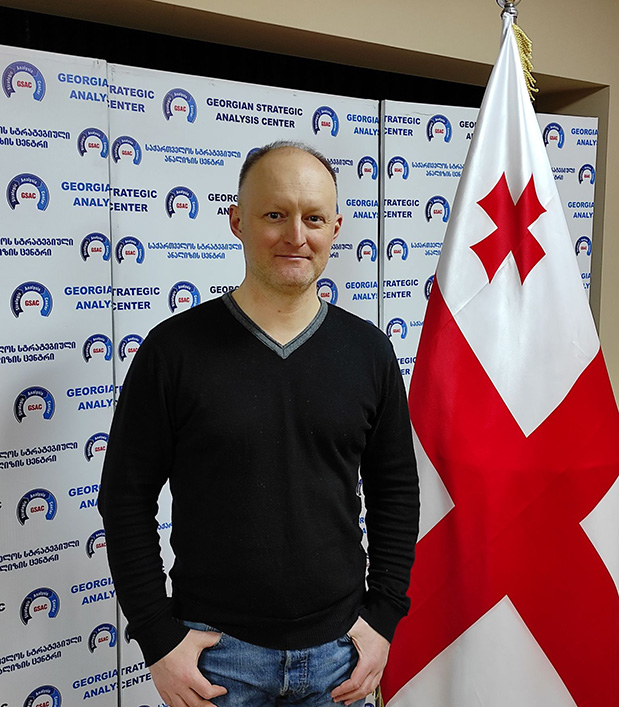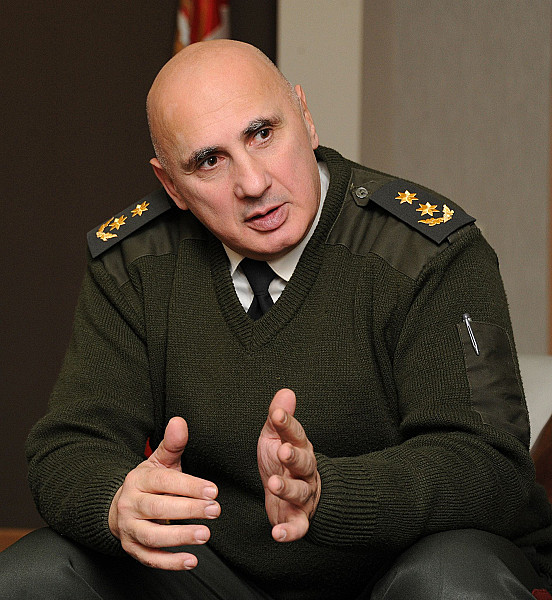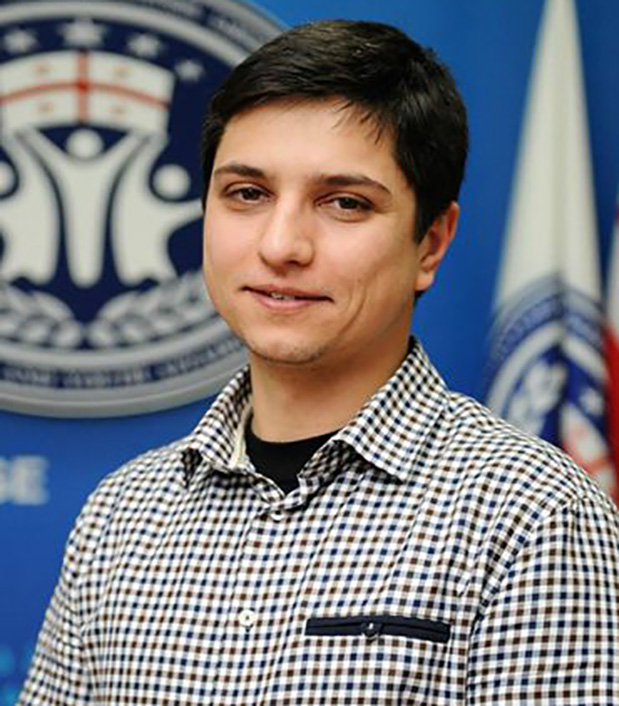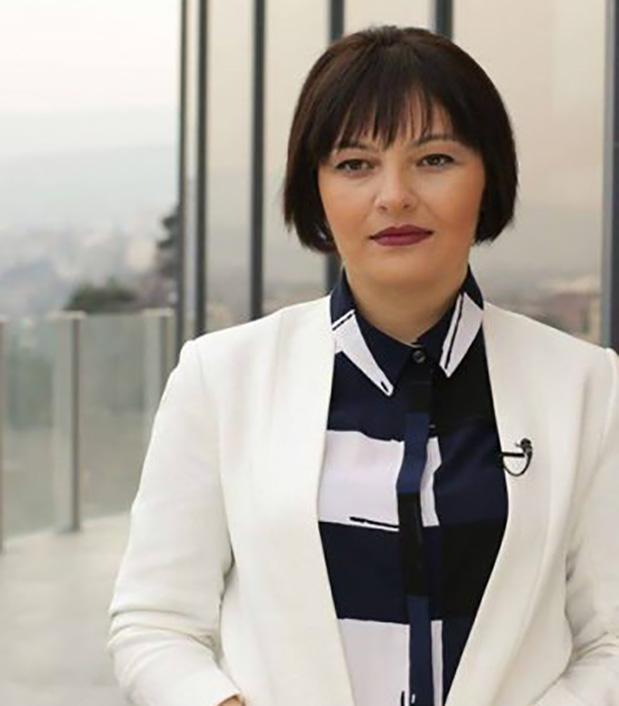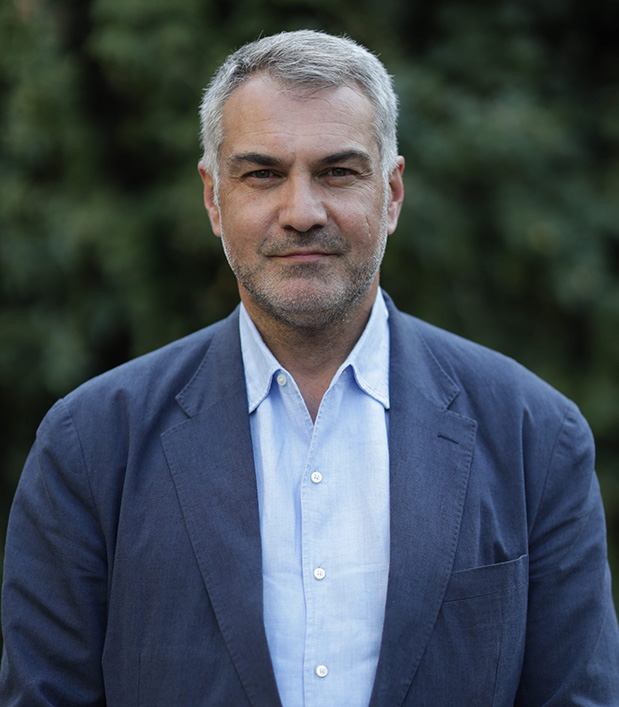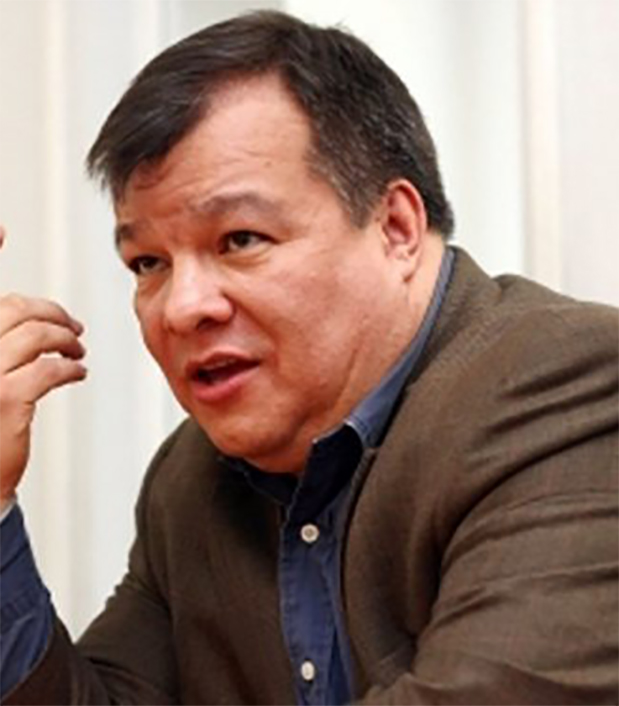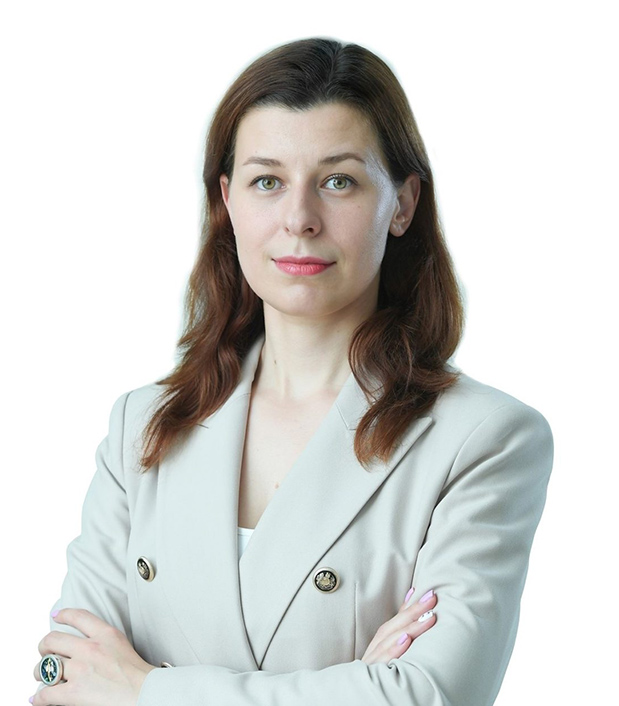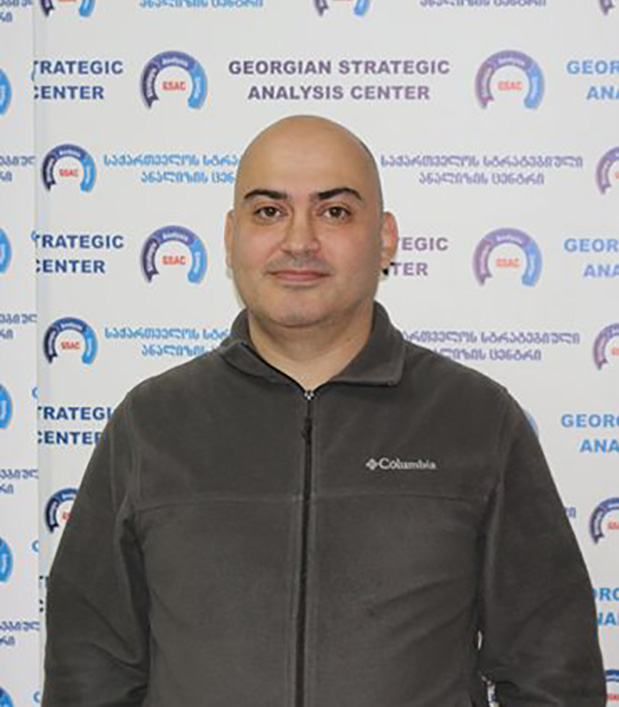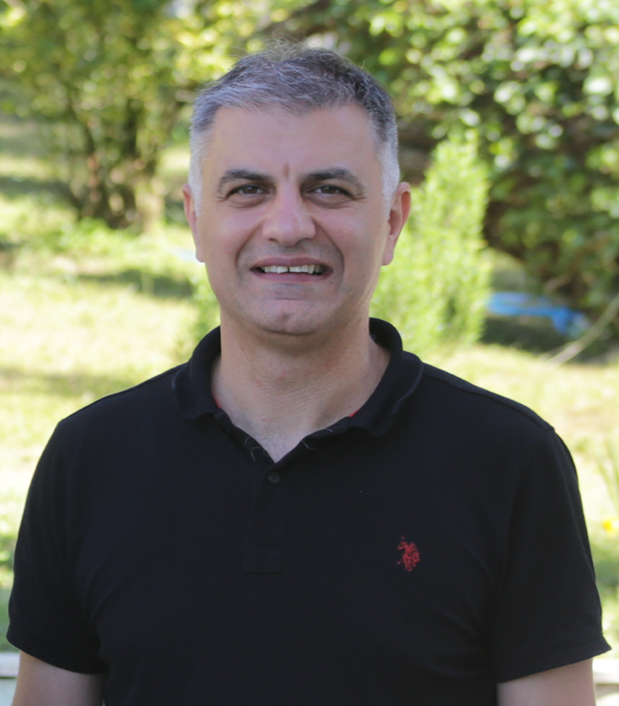Our purpose, vision and values

The Georgian Strategic Analysis Center (GSAC) is a non-governmental, impact-oriented policy education and advisory organization that:
- analyzes political developments in Georgia, the Black Sea region and internationally;
- drafts threat assessments and strategy documents on issues including regional security, energy security and economic cooperation;
- provides academic and practical training on constitutional democracy, geopolitics, national security, free media, and political transformation;
- supports the development of Georgian democracy with frequent media commentary and publications;
- engages in dialogue with and between political parties, civil society organizations, journalists, scholars, diplomats and international partners; and
- advises political parties on policy-based programs and reform policies.
GSAC’s activities have a single purpose: to prepare the Georgian public, its leaders, regional allies, and partners for Georgia’s role as a participatory, inclusive democracy in a secure and stable European neighborhood on the Black Sea. GSAC wants Georgia to:
- work closely with its Black Sea, Caspian Sea, Baltic and Eastern European friends to contribute to the broader European security framework;
- deepen the Georgia-US-NATO strategic partnership;
- make full use of the opportunities for political and economic integration presented by the Georgia-EU Association Agreement and Deep and Comprehensive Free Trade Agreement; and
- broaden and deepen its democracy by empowering individuals, coalitions and pressure groups outside the traditional party structure.
GSAC’s experts have held prominent positions in the Georgian government, media, private sector and academia and have expertise in public policy, national security, diplomacy, media development, political strategy and democratic reform.
GSAC’s strengths are in:
- outreach and messaging, using a range of channels from public media to private strategy discussions to training programs to stimulate and influence the policy dialogue; and
- training and empowering leaders to broaden the range of actors influencing Georgia’s democratic process.
Since its inception, GSAC has delivered trainings for youth leaders, civil society members, policymakers and media representatives to enhance participants’ understanding of international and domestic politics, democratic reform, national security, press freedom and transatlantic integration. GSAC’s curricula provide current and future leaders with the theoretical foundation and technical skills to advance Georgia’s democratic transition. In designing programs to suit client goals, we draw on our roster of pre-eminent scholars and practitioners—including ambassadors, current and former government officials and media experts—to ensure that training participants are exposed to diverse insights and strategies.
GSAC aims to increase public access to reliable information with its research agenda, analytic work and trainings for Georgian media representatives. GSAC’s publicly-available political maps and analyses shed light on major challenges facing Georgia today, and generate public discussion on critical topics in international and domestic politics. GSAC leverages its analyses and recommendations to encourage responsible policymaking aligned with democratic values.
GSAC media trainings are shaping the Georgian media into a more professional body that abides by Western free press standards. GSAC’s workshops enhance the thematic expertise and technical capacities of journalists, enabling Georgian media to produce engaging and accurate content on a variety of topics, such as EU and NATO integration, national security and misinformation.
GSAC helps its associates and audiences identify and plan for the emerging challenges of tomorrow.
Activities
- Monthly Embassy Briefings for Tbilisi-based foreign diplomats and representatives of international organizations on developments in political, defense, security and cultural spheres
- Tailored briefings to foreign delegations, international partners, political parties, NGO representatives, opinion makers, and experts
- Meetings with opposition parties to provide critical feedback and provide a neutral discussion forum
- National Security and Media Communications Training Program
- Since 2017, GSAC has enhanced the international relations, foreign policy, and national security policymaking and reporting capacities of more than 225 young public servants, researchers, and journalists.
- Media Training Courses for journalists
- Since 2018, GSAC has provided trainings in Tbilisi and the regions on democratic values, the role of media, accurate and effective reporting and resistance to disinformation to more than 150 Georgian journalists.
- Alumni Network
- Alumni of GSACs training programs form a national network of engaged civil society participants from media, academia, the public and private sectors, who regularly participate in GSAC activities.
- National Security Vision
- Contributed to the development of Georgia’s national security vision as an NGO participant in the Whole of Nation Approach of Georgia’s National Security Council and the Office of the President of Georgia.
- Analytical Papers
- Produced 35 analytical papers on matters of international and domestic political significance, including:
- Political influence on policing and judicial processes in view of the 2017 physical assault on the Auditor General of Georgia, Lasha Tordia, by a former Chief Prosecutor and his security detail;
- Implications for Georgia of the 2017 abduction in Tbilisi and forced return to prison in Azerbaijan of the exiled Azerbaijani journalist Afgan Mukhtarli;
- The situation in the Pankisi Gorge and Georgia’s relations with its ethnic Chechen Kist population following the death of 19-year old terrorism suspect Temirlan Machalikashvili in a police raid in 2017; and
- Implications of anticipated amendments to the Georgian Constitution.
- Produce a twice-weekly Russian-language YouTube analysis of developments in the South Caucasus.
- Produced 35 analytical papers on matters of international and domestic political significance, including:
Future Plans
- Establish a school for emerging leaders to increase their knowledge of democracy, international affairs, regional politics, EU and NATO integration, and technical capacities in coalition building, pressure campaigns and messaging.
- Enhance training capabilities, notably in case design and case teaching.
- Formalize and expand international network.
- Update and expand existing Media Lab to improve journalists’ general and professional training
- Develop trainings for key demographics—youth, ethnic and religious minorities, women, media—linking national security, democratic reform, and defense issues to the 2030 UN Sustainable Development Goals (SDGs) and Georgia’s commitments through the Open Government Partnership (OGP).
- Produce threat analyses detailing emerging internal and external threats facing Georgia and potential consequences and responses.
- Create Russian-language media content to disseminate fact-based, unbiased information to Russian-speaking ethnic minorities in Georgia.
Public Board
Leadership
Team




